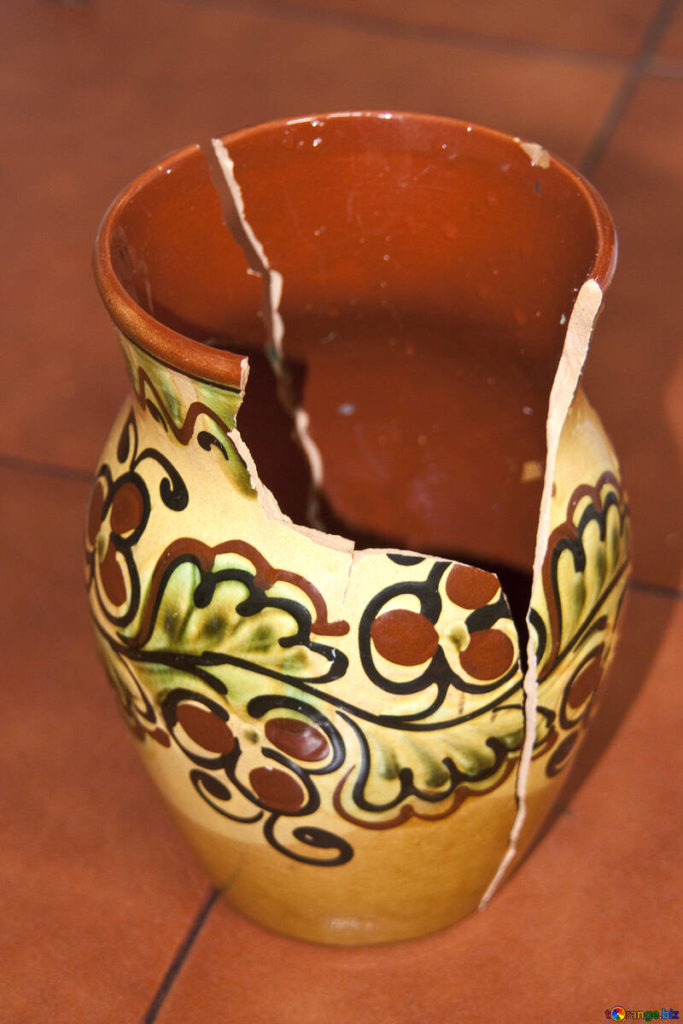In the past few days, the news about the defamatory actions against two American election workers in the 2020 election have shone a light on what it is to be a victim.
The Damage of a Lie
One of the main accusers of these women has now admitted that he had been telling a lie.
In the meantime, this lie had huge implications for these two women. Their livelihoods were destroyed, and their lives were at risk – because of a lie.
What will be the consequences?
The persons who invented and spread the lie might be punished, might have to pay a fine. What is the punishment for such kind of lie? For the accusers it might be “just a lie”.
What about the victims?
The two American women were trying to do their civic duty. The lies that were spread will have traumatised them. They have had threats against their lives, their integrity was destroyed – and they might not feel safe for the rest of their lives.
The Rabbi’s Tale
I had to think of the story about a rabbi that I heard some years ago:
A person who had spread wrong gossip was very sorry about it when it was revealed that the gossip wasn’t true, so this person went to see the rabbi who consequently asked to bring a feather pillow. Then, he asked the person to open the pillow and shake the feathers out of the window.
Surprised, the person did as the rabbi said. Then, the rabbi said: “Now, go and collect the feathers and put them back into the pillow.” The person said that this was impossible to do. The rabbi replied that this was the same as with the gossip, with the lies that are once told…
One of the American ladies said with emotion in her voice: “I’ve lost my name, and I’ve lost my reputation. Do you know how it feels to have the president of the United States target you? The President of the United States is supposed to represent every American, not to target one”.
This last sentence has been following me ever since.
Bad Leadership
Most countries have had bad leadership some time in their history. Leaders and their helpers who took advantage of people who trusted them, who believed in them. Abusing their power to their own advantage and silencing people if they spoke up against injustices.
Some of these leaders had to pay for their abuse of power. Some of them were convicted of their crimes, had to serve jail time. Others died before a proper trial or were pardoned.
However, history often omits what happened to the victims. History is usually written by the winners. Once the “bad guy” is punished, life goes on. That’s revenge.
What happens to the victims? Revenge might be seen as a satisfaction – but it won’t make the crime undone. Their pain might be there for the rest of their lives. What can be done to do justice to them?
How can their brokenness be repaired?
Repairing a Treasure
Imagine you have a precious vase, and someone breaks it. You would expect of that person that they were sorry for breaking your vase. The person might offer you money to replace it. However, if this vase is very unique and full of memories – wouldn’t you try to repair it? It might be a long process to put the pieces back together, but you say to yourself that this vase is worth the effort.
Admitting wrongdoing is one step. Then comes the repair of the damage. The hurt and pain can’t be undone, the scars might be visible, but the care for the victims is important. Every person is precious. The victims need to be heard, need to be taken seriously, and are not to be ignored or forgotten.

Victims of abuse are with us and all around us.
-BM-



